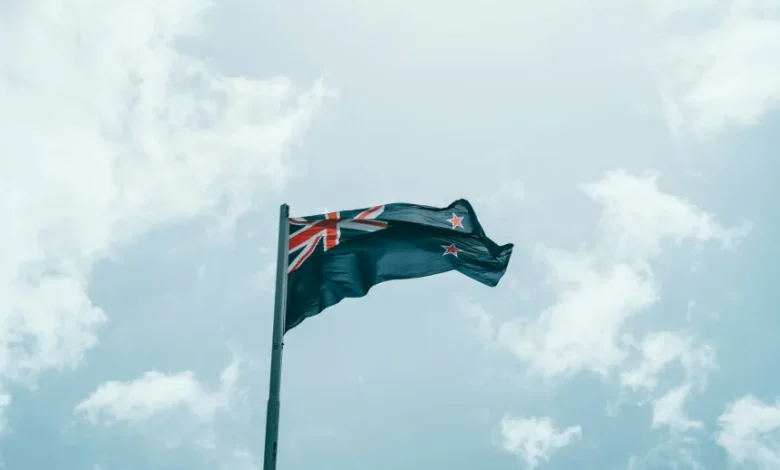New Zealand First Pushes Bill to Define Gender by Biological Sex, Sparking National Debate

A proposed bill introduced by the populist New Zealand First (NZF) party seeks to enshrine the legal definitions of “man” and “woman” based strictly on biological sex—a move party leader Winston Peters frames as a “return to common sense” and a direct challenge to what he calls “woke ideology.”
Unveiled on Tuesday, the draft legislation would define a woman as a “human biological female” and a man as an “adult human biological male”, marking a sharp departure from current interpretations of gender identity in law and policy.
“This bill reflects biological reality and provides long-overdue legal clarity,” said Peters, who serves as Deputy Prime Minister and Foreign Minister in New Zealand’s centre-right coalition government. “It is a stand against the social engineering pushed by a woke minority that threatens the safety, protection, and progress of women in society.”
Peters took to social media platform X (formerly Twitter) to announce the initiative, describing it as a necessary step to halt “the cancerous ideology that has infiltrated our laws and institutions.” He called the proposal “a win for common sense,” and a signal that “we are fighting back.”
Although the bill was introduced by an individual MP and not the government as a whole, it has reignited fierce public and political debate over the role of gender identity in legislation.
New Zealand First, the smallest of the three governing coalition partners, holds 11 seats in the 123-member Parliament, making the bill’s passage uncertain without broader political backing.
The legislation mirrors recent developments in the United Kingdom, where the UK Supreme Court ruled last week that the legal definition of “woman” under equality laws pertains to biological sex— a landmark decision that has been lauded by conservative voices and some women’s rights advocates, while drawing sharp criticism from transgender and LGBTQ+ groups.
Critics of the New Zealand bill, including Opposition Labour Party Leader Chris Hipkins, accused NZF of political grandstanding. “They’re more focused on generating headlines than addressing the real challenges facing New Zealanders,” Hipkins told Radio New Zealand, adding that the bill distracts from substantive policy work.
Progressive and LGBTQ+ advocacy groups have also voiced alarm, warning that such legal changes risk further marginalising transgender and non-binary individuals and rolling back hard-won protections.
Though it remains unclear whether the bill will advance through Parliament, its introduction underscores the growing tensions between cultural conservatism and progressive social policy in New Zealand—mirroring debates playing out in democracies worldwide.
As the country watches closely, the fate of the bill may ultimately hinge on whether the broader coalition government sees it as a symbolic gesture—or a defining policy stance.





